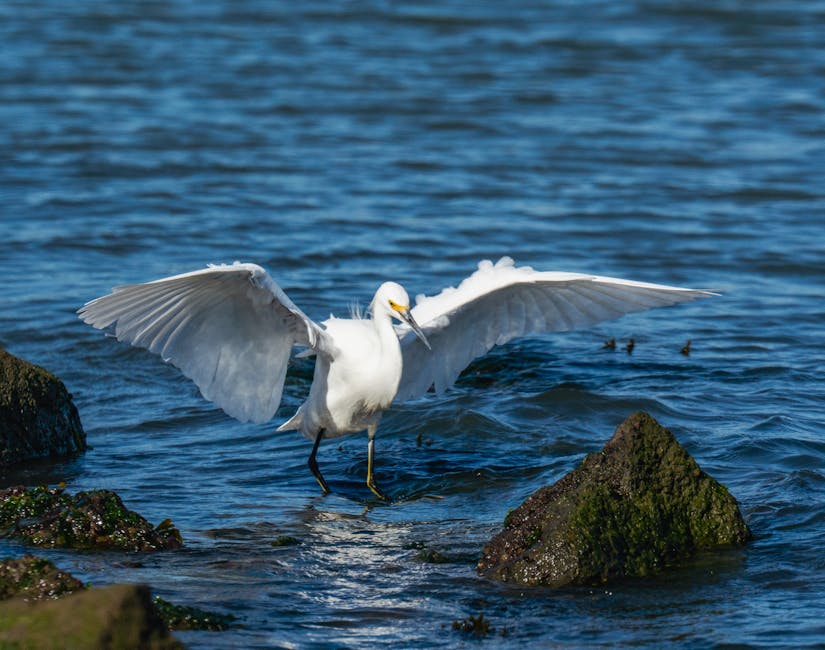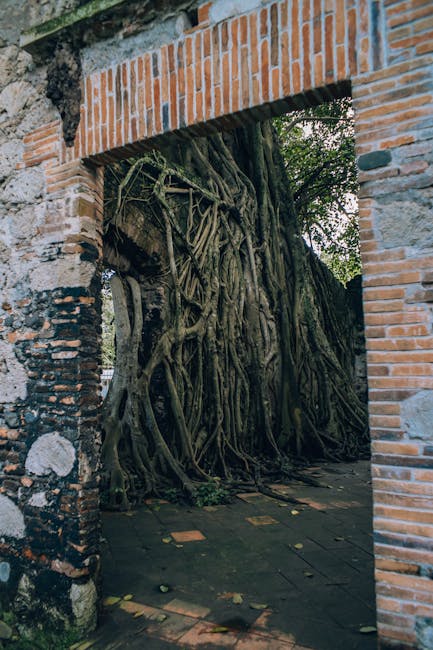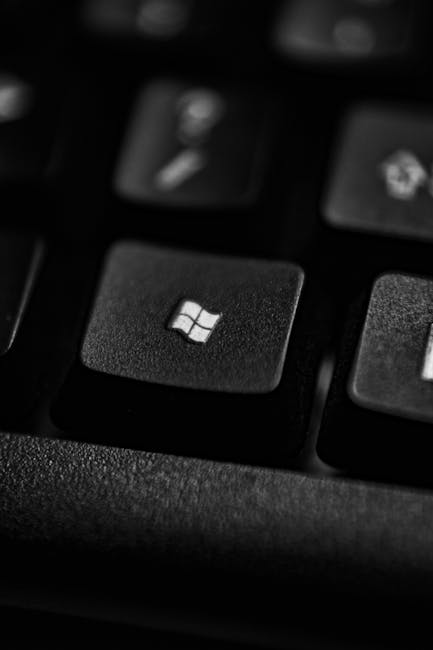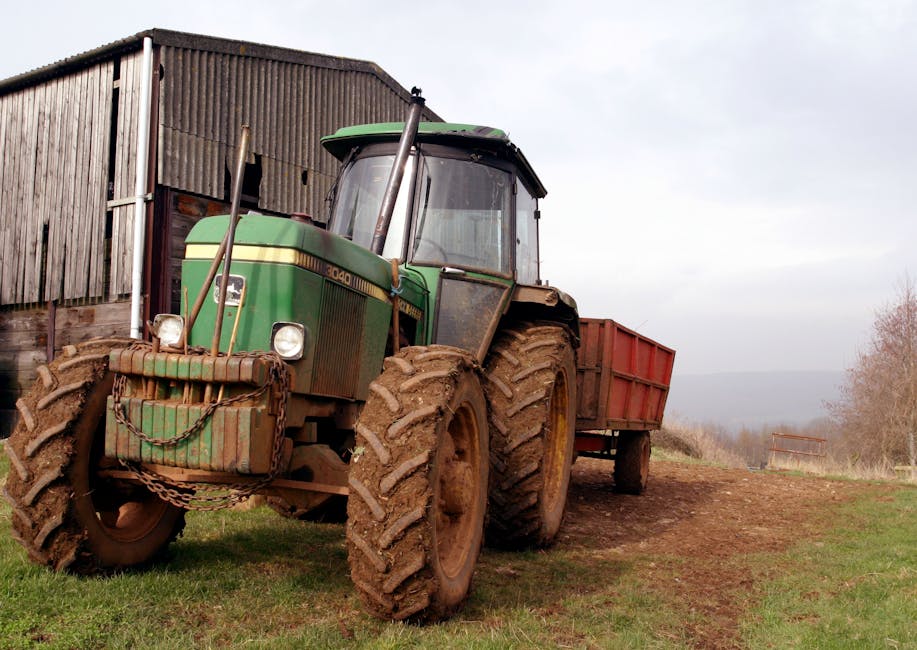The vibrant West African nation of Ivory Coast, an economic powerhouse, is approaching a critical political crossroads. As the country prepares for its next presidential election, the atmosphere is a mix of anticipation and tension, colored by the long shadows of its past. This isn’t just another vote; it’s a high-stakes event that could either cement a decade of fragile peace and economic growth or risk reopening old wounds.
For observers across the globe, the Ivorian election is a crucial bellwether for stability in a volatile region. So, who are the key players in this complex political landscape, and what exactly hangs in the balance?
Who are the Main Candidates in the Ivory Coast Election?
The electoral stage is dominated by figures who have shaped Ivorian politics for over three decades, setting the scene for a potential clash between the old guard and a new generation of leadership.
-
Alassane Ouattara (The Incumbent): The current president, often known as “ADO,” remains a central figure. Whether he seeks another term or anoints a successor from his ruling Rally of Houphouëtists for Democracy and Peace (RHDP) party, his influence is undeniable. An economist by training, Ouattara is credited with overseeing a remarkable economic resurgence after the 2010-2011 post-election crisis. His supporters point to major infrastructure projects and stable GDP growth. However, his controversial third term in 2020, which opponents deemed unconstitutional, remains a major point of contention.
-
Laurent Gbagbo (The Veteran Opposition): The former president’s return to Ivory Coast in 2021, after his acquittal at the International Criminal Court, was a political earthquake. Gbagbo, who was ousted in the 2011 conflict, still commands a fervent base of support. His new party, the African People’s Party – Côte d’Ivoire (PPA-CI), positions him as a powerful opposition force. While his participation signals a desire for political rehabilitation, it also evokes memories of the crisis that once divided the nation.
-
Henri Konan Bédié (The Elder Statesman): Another former president, Bédié led the historic Democratic Party of Ivory Coast (PDCI) for decades until his passing in 2023. At 90, he was the “grand old man” of politics, often acting as a kingmaker. His legacy now influences the direction of the PDCI, one of the country’s most significant political forces.
-
Tidjane Thiam (The Modern Challenger): A compelling new face has emerged to lead the PDCI: Tidjane Thiam. The former CEO of global banking giant Credit Suisse and a past Ivorian cabinet minister, Thiam represents a potential generational shift. As a globally respected technocrat untainted by the civil conflicts, his candidacy could offer a path beyond Ivory Coast‘s cyclical political battles, appealing to a younger, more forward-looking electorate.
What’s at Stake in the Ivory Coast Presidential Election?
The outcome of the election will have profound implications for the country’s future. The main issues are:
1. Peace and National Stability
This is the most critical factor. The 2010-2011 conflict led to over 3,000 deaths, and the scars have not fully healed. A transparent and accepted electoral process is essential to prevent the reignition of ethnic and political tensions. National reconciliation remains a work in progress.
2. The “Ivorian Miracle”
As the world’s largest cocoa producer and a regional business hub, Ivory Coast’s economy is closely tied to its political climate. Any instability could deter international investors, harm trade, and threaten the economic gains that have lifted many out of poverty. The continuity of pro-business policies is a key economic question.
3. Democratic Legitimacy and Rule of Law
The debate over constitutional term limits, the independence of the electoral commission, and the fair application of the rule of law are central to this election. A credible and peaceful vote could restore faith in the country’s democratic institutions, while a flawed process could erode it for years to come.
As Ivory Coast moves towards this pivotal election, the fundamental question is whether the nation will turn a new page or remain captive to the rivalries of its past. The fate of this West African giant rests on the delicate balance between ambition, reconciliation, and the collective will of its people.




